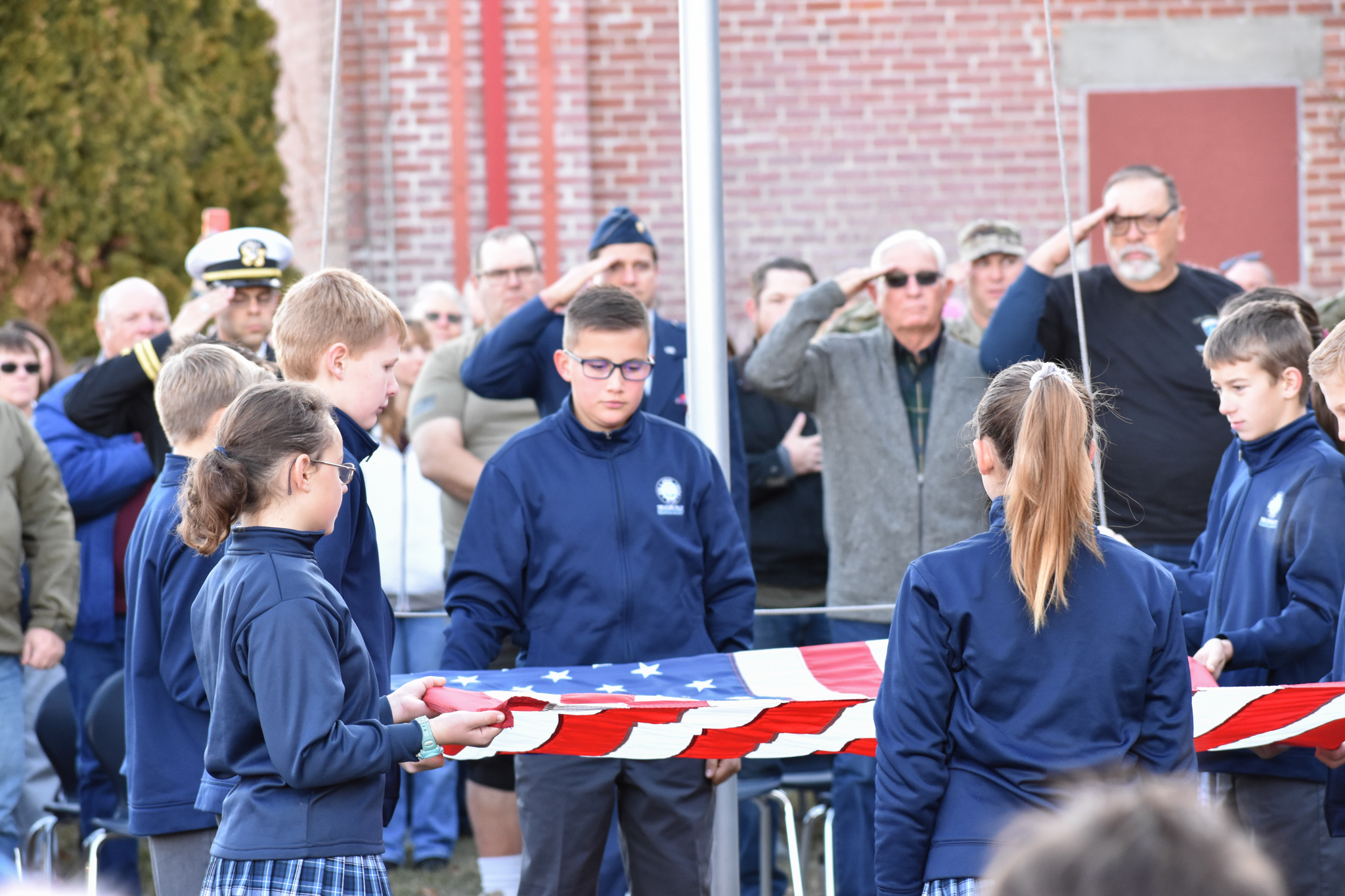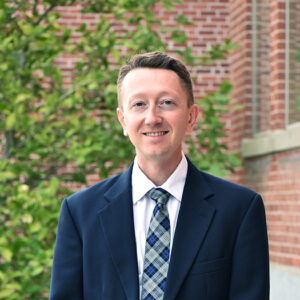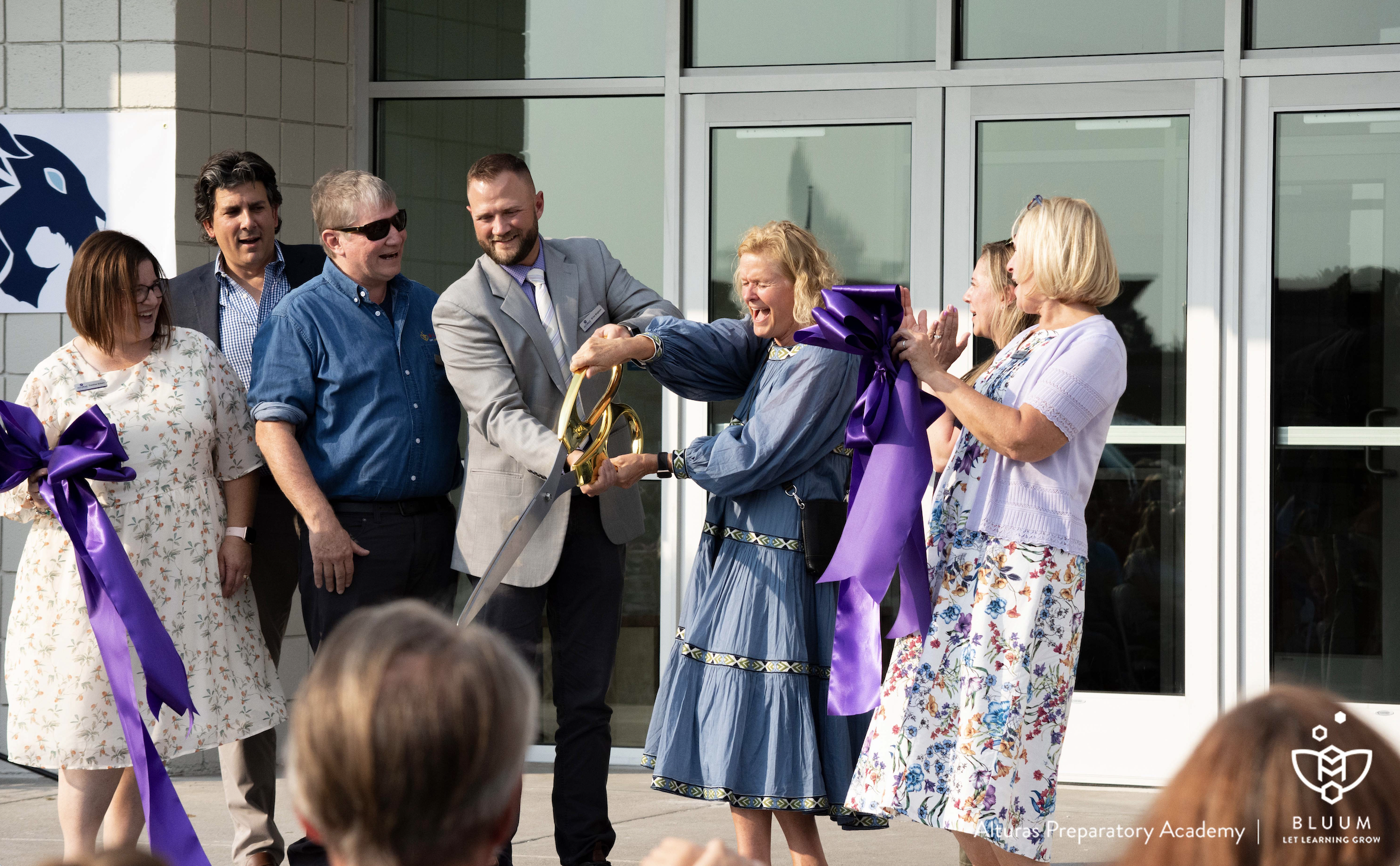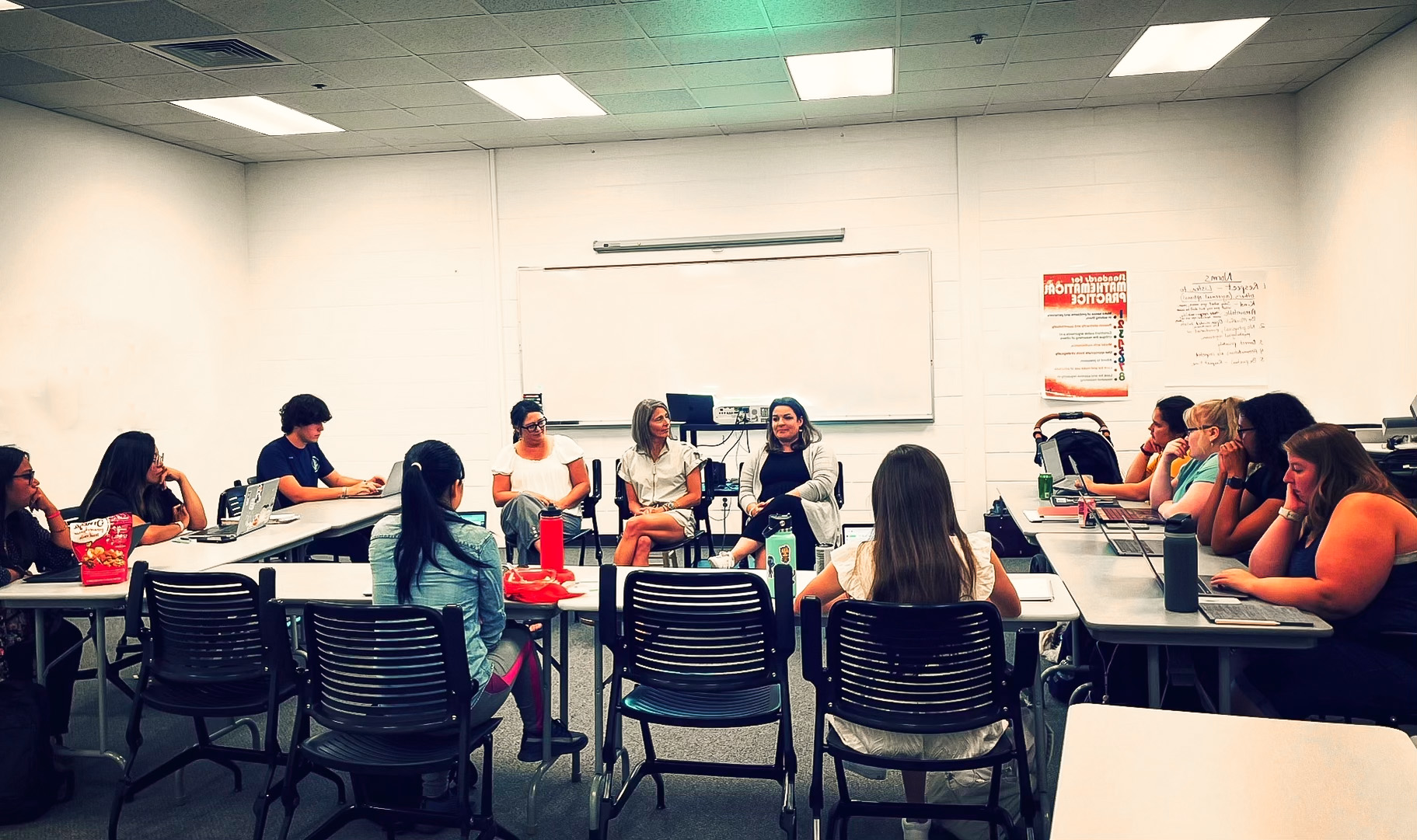
Idaho School Leadership Fellowship – A Retrospective
Dr. Clinton Condra is a 2019 Bluum Idaho School Leadership Fellow working with Treasure Valley Classical Academy to learn aspects of school leadership, including responsibility for planning, implementing, managing and leading the academic and instructional needs of the students and staff in one of Bluum’s partner schools.
 Idaho School Leadership Fellowship – A Retrospective
Idaho School Leadership Fellowship – A Retrospective
By Clinton Condra, Ph.D.
The 2019-2020 school year presented Treasure Valley Classical Academy with plenty of challenges—some expected, others not. On the one hand, opening a new, rural school whose mission is to train the minds and improve the hearts of students through a classical, content-rich curriculum that emphasizes virtuous living, traditional learning, and civic responsibility was bound to be demanding. On the other hand, responding to a national public health crisis that closed our doors was a challenge that none of us anticipated. But on both counts—in meeting obstacles foreseen and unforeseen—our first year was successful, and our school’s future looks brighter now than ever. I’m grateful to have been a part of Bluum’s Idaho School Leadership Fellowship, which empowered me to contribute to this success.
Many of my ongoing administrative responsibilities support the mission-critical work performed by our teachers in their classrooms. By overseeing the state certification process and guiding teachers through it, for example, I help them stay focused on delivering our content-rich curriculum to our students. What truly furthers our teachers’ excellence, after all, is a principled alignment with our school mission; regular observation and constructive feedback from school leaders; and training provided by the expert educators at the Hillsdale College Barney Charter School Initiative (BCSI), from which we take our curriculum.
I also enjoy regular opportunities to train the minds and improve the hearts of students alongside teachers and fellow staff. I see all of our students as they enter the building in the morning, again as they cycle their way through the lunchroom, and yet again at afternoon recess. I read stories to our third through sixth graders every morning in our auditorium; and after lunch I lead an accelerated math class for a small group of second graders.
One important way in which we emphasize virtuous living and civic responsibility is through appeals to our six school virtues—namely, courage, courtesy, honesty, perseverance, self-government, and service. Our conversations with students about conduct turn on these school virtues—which one was forgotten, what its exercise would have looked like under the circumstances the student faced, and that it is always in one’s power to choose to act virtuously.
It has been remarkable to see several students greatly improve in virtue—most commonly in the virtue of self-government—over the course of the year. And yet, at the same time, it is hard to see how they could fail to do so, insofar as teachers, school leaders, and supportive parents all speak the same language to them and hold them to the same high standards. The students’ improvement is a sign of a strong school culture.
Speaking of supportive parents: our success depends on them, and Principal Lambert has guided me through and turned over to me the responsibility of communicating with our families, primarily through our school e-newsletter, The Sentinel.
Overseeing the drafting and editing of these newsletters has been an instructive experience. Some Sentinel items simply communicate information—reminding readers of important upcoming dates or explaining school operations and policies; others offer reflections on classical education, or on a particular work in our curriculum, and by so doing aim to further a community culture that is deeply tied to our school and its mission. Each edition of The Sentinel is a careful and collaborative effort, and I continue to learn much from Mr. Lambert about the art of communicating with families.
Outgoing communications assumed even greater importance than usual once we were compelled to close our campus on March 17. This closure was a painful and disappointing thing for us. Our school model simply cannot be replicated or replaced by any online program; nor can we properly emphasize virtuous living, traditional learning, and civic responsibility unless students and teachers can come together on campus and in classrooms. Yet by March 18 we had resumed school in what we called Distributed Learning Mode: homeroom teachers hosted daily live sessions in Google classrooms and recorded two daily zoom lessons; our art, music, P.E., and Spanish teachers all offered weekly recorded lessons and distributed daily lunches and class materials on our bus routes.
We even managed to conduct our school’s first student government elections in Distributed Learning Mode. I had worked with our leading class of sixth graders all year to draft a student government constitution, but the plan for campaigns, speeches, and voting to take place at school in May had to be replaced.
Instead, students declared their intention to run for office in a special google classroom. Candidates were then required to submit recorded speeches. Most took advantage of our offer to record their speeches on our auditorium stage, standing behind a school podium and beside an American flag. The speeches were posted in the google classroom for voters’ review, and ballots were sent home on buses, for return to school by mail.
As of this writing, the votes have been counted. The winners will be announced on August 12, when we will come together as a school community for the first time since closing our doors. At this TVCA Timberwolf Summer Social, in the city park across the street from campus, students will also receive their yearbooks and meet their new teachers. Everybody’s looking forward to it.
I mentioned above that TVCA’s future looks brighter now than ever. We doubled the number of seats (from 27 to 54) in each of our two leading classes (next year’s seventh and sixth grades), and those seats have been filled; we will add a full class of new kindergarteners; and most of the handful of available seats in grades 1-5 are now taken as well.
Meanwhile, the necessary work of expanding our facilities to accommodate a larger student body has begun. I look forward to continuing as assistant principal while taking on new responsibilities as our school grows: next year I will teach Latin to our seventh graders; and as our leading classes progress into the high school grades I will assume the role of academic dean as well.
The views expressed by guest authors do not necessarily reflect those of Bluum.
—




